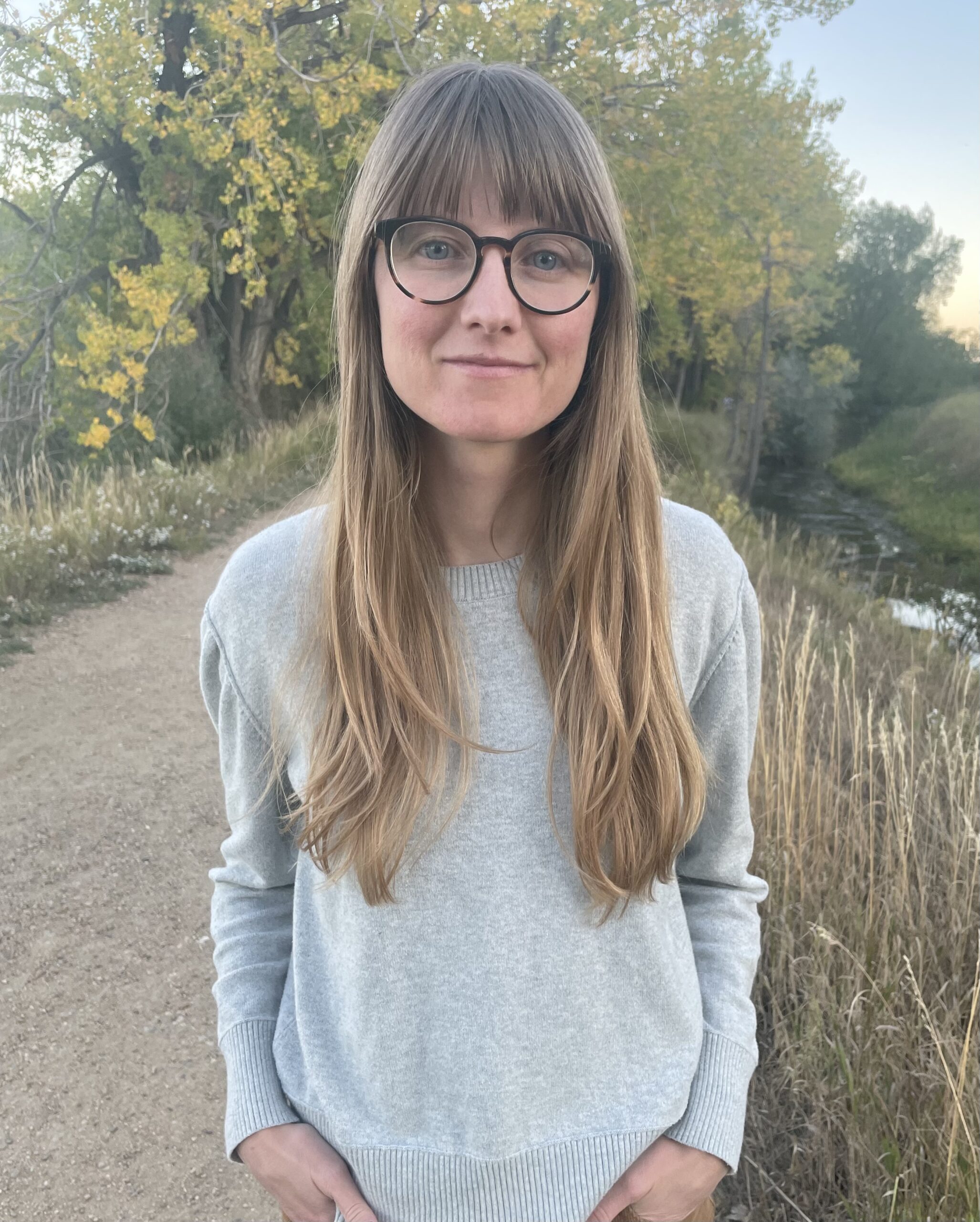
What is Complex-PTSD?
Complex post traumatic stress disorder (C-PTSD) is a mental health disorder that occurs from repeated exposure to severe traumatic experiences. Traumatic occurrences that lead to C-PTSD often happen in relationships with other people. Someone can develop C-PTSD in childhood or adulthood. Due to children being dependent on adults and not always having autonomy to leave traumatic or bad situations, they are more vulnerable than adults to experiencing situations that lead them to develop C-PTSD. People with C-PTSD can struggle to regulate their emotions, have a negatively impacted relationship with themselves, and relationships with others can be difficult.
Is C-PTSD the same as PTSD?
People who have C-PTSD, meet all of the criteria for PTSD and some additional criteria. One difference between the two diagnoses is that C-PTSD happens from recurring traumatic events that are threatening in nature, whereas PTSD can occur from a single traumatic event. The criteria C-PTSD and PTSD share are:
- re-experiencing aspects of their traumatic events
- avoiding reminders or triggers from their traumatic experiences
- feeling fear of threat in some situations or in general even when the trauma is over
When someone experiences repeated trauma over time, it doesn’t just impact their sense of safety in the world but also their sense of themselves, their emotions, and their relationships with others. Additional criteria for C-PTSD is:
- having a challenging time regulating emotions (i.e. feeling emotions in an intense or overwhelming way or cutting off from feelings through numbing or dissociation)
- having a negative sense of self. (i.e. feeling guilt, shame, blaming themselves for traumatic experiences, struggling with self worth and esteem, being overly harsh to oneself, or not having a sense of ‘self’ or who they are)
- having difficulty in relationships with others. (i.e. having challenging or failed relationships with other people, struggling with unhealthy patterns in relationships, having highly conflictual relationships, difficulty trusting others, or avoiding connections with others altogether)

Is C-PTSD the same as childhood trauma?
C-PTSD and Childhood trauma are not the same thing. C-PTSD is a mental health diagnosis that can form from traumatic experiences in any stage of life, not just as a young person. Childhood trauma is an umbrella term that applies to many different types of early life traumatic experiences that happen across a spectrum of severity. Some people who experienced more severe forms of childhood trauma meet the criteria for a C-PTSD diagnosis. However, not all forms of childhood trauma are extreme enough to meet the criteria for C-PTSD.
Even if your childhood trauma experiences do not meet the diagnosis for C-PTSD that does not mean they weren’t traumatic and deeply impactful to your emotions, sense of self, and relationships with others. I believe there is a need to have a more nuanced diagnosis to C-PTSD that captures the spectrum of trauma people can experience and how it impacts them. I also find trauma can impact people differently depending on the developmental stage in life they are in when it occurs (i.e. children being in more vulnerable developmental stages than adults).
What types of experiences can lead someone to developing C-PTSD?
People can develop C-PTSD from many different types of situations. Some of the most commonly noted ways are as follows:
- prolonged physical abuse (as a child or adult)
- reoccurring sexual abuse (as a child or adult)
- domestic violence
- torture, slavery, genocide
- repeated discrimination, violence, and hate crimes based on one’s identities
Basically C-PTSD can form when someone is in a situation where their sense of safety is repeatedly threatened and they don’t have a way out.
Even though the examples listed above are quite extreme, I see people have similar symptoms to those with C-PTSD from experiences that are less life-threatening and severe in nature but nonetheless traumatic and erode one’s sense of emotional and general safety. Some examples of these experiences:
- repeated verbal abuse (as a child or adult)
- neglect (physical, emotional, verbal as a child)
- having a caretakers struggling with substance use or mental illness
There are certainly more experiences than these as well.
How long has C-PTSD been around for?
C-PTSD was proposed by counselor Judith Herman in the early 1990’s. Herman created this term because she didn’t feel the criteria for PTSD captured the experiences of people she worked with who had prolonged and recurring experiences of trauma. In 2018, the International Classification of Diseases-11 (ICD-11), which is the mental health diagnostic manual put out by the World Health Organization added C-PTSD as a recognized diagnosis.
Is C-PTSD in the DSM?
C-PTSD is not currently recognized in the Diagnostic Statistical Manual (DSM), which is the mental health diagnostic manual used in the United States. The DSM-5-TR is the latest edition of the manual and was published in 2022.
C-PTSD not being listed as a formal diagnosis in the manual is a problem because it prevents people from getting the most accurate diagnosis for their experience, and can impact the type of mental health treatment and support they receive. People who have C-PTSD in the US get many different diagnoses from depressive disorders, anxiety disorders, PTSD, personality disorders, and mood disorders. Some of the diagnoses they receive may be appropriate, but may only speak to certain aspects of a person’s symptoms or experience.
What are treatments for C-PTSD?
Due to the complexity of C-PTSD, there is not an easy or straightforward answer for the one type of therapy that will treat it. Treatment for C-PTSD is generally longer than treatment for PTSD. Researcher Marylene Cloitre, published a study on treatment for C-PTSD in 2021, naming clients with C-PTSD could benefit from a diversity of methods and interventions in therapy and an adaptable treatment plan that can address ongoing life stressors and traumas.
Here are a few other types of treatment that could help with C-PTSD:
- Parts work – such as Gestalt Therapy or Internal Family Systems (IFS)
- Eye Movement Desensitization & Reprocessing Therapy (EMDR)
- Somatic therapies such as Somatic Experiencing (SE) or Sensorimotor Therapy
- Trauma-focused Cognitive Behavioral Therapy
- Relational Therapies such as Gestalt Therapy or NeuroAffective Relational Model (NARM)
- Client-centered or Humanistic Therapies
- Attachment-based Therapies
- Mindfulness-based Therapies such as Dialectical Behavioral Therapy (DBT))
This is not a comprehensive list of treatments for C-PTSD and I encourage people to explore a variety of kinds of treatment modalities. It’s important to note that therapies that are more standardized such as EMDR and CBT are easier to research because they are standardized and therefore can be replicated in a more controlled way. This factor leads to there being more research, funding, and publications of these modalities to treat C-PTSD and many other diagnoses. This skews public perception of these modalities as being more effective, which may or may not be the case for each individual.
Long story short, there is no silver bullet for healing trauma, and the healing journey is often a creative process of trying different approaches and modalities. In larger studies that look at what makes therapy effective, the greatest factor that contributes to a positive outcome is the relationship between the therapist and client. This suggests that finding a therapist you feel comfortable, safe, and have a positive relationship with will be a better predictor of what you get out of therapy, rather than the specific modality used.
Interested in seeking Therapy for C-PTSD or Childhood Trauma?
If you are curious about how counseling could help you, please feel free to keep reading through this website or reach out to me for a free consultation to see how I could support you on your healing journey.
Citations:
World Health Organization (2023, January). 6B41 Complex Post Traumatic Stres Disorder. ICD-11 for Mortality and Morbidity Statistics. https://icd.who.int/browse/2024-01/mms/en#585833559
Marylene Cloitre (2021) Complex PTSD: assessment and treatment, European Journal of Psychotraumatology, 12:sup1, DOI: 10.1080/20008198.2020.1866423
https://www.tandfonline.com/doi/citedby/10.1080/20008198.2020.1866423?scroll=top&needAccess=true
Ford, J. D. (2021). Progress and limitations in the treatment of complex PTSD and developmental trauma disorder. Current Treatment Options in Psychiatry, 8, 1-17. https://link.springer.com/article/10.1007/s40501-020-00236-6

